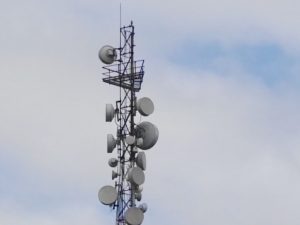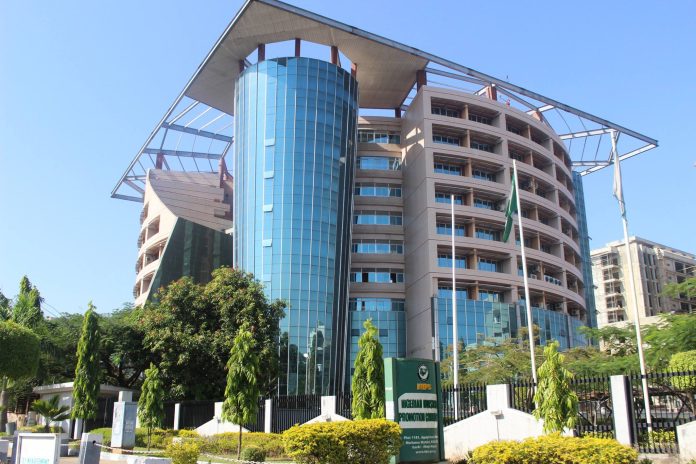As technology evolves at an unprecedented pace, staying ahead has become critical for industries, especially in telecommunications. Regulators like the Nigerian Communications Commission (NCC) are tasked with keeping up to ensure the telecom ecosystem thrives. In a major step forward, the NCC has outlined an updated list of licensing agreements aimed at strengthening Nigeria’s telecom industry, fostering innovation, and ensuring quality services for consumers.
One of the key areas the NCC is addressing is access to connectivity. For instance, the Wholesale Wireless Access license allows companies to offer large-scale wireless services to meet the growing demands for data and internet access. Alongside this, the Open Access Fibre Infrastructure license supports the expansion of high-speed broadband, ensuring Nigerians benefit from faster and more reliable internet connections.
The Commission also places a strong emphasis on Value Added Services (VAS), which enhance telecom offerings beyond basic calls and texts. Licenses in this category include those for services like mobile content creation, special numbering solutions, and customer support systems via call centers. These licenses are critical for businesses looking to innovate and deliver tailored solutions to Nigerian consumers.
Infrastructure is another area the NCC is targeting. Licenses for Submarine Cable Infrastructure & Landing Stations, National Carriers, and Unified Access Services are designed to create a strong backbone for telecom operations across the country. These licenses ensure that businesses and individuals alike have access to seamless and reliable communication networks.
The regulator is also accommodating niche services, such as vehicle tracking, trunk radio operations, and public payphone services, through specific licensing. Moreover, licenses for Internet Services and Internet Exchange Platforms highlight the NCC’s commitment to improving the country’s digital landscape, supporting both businesses and individuals in their daily connectivity needs.
To ensure a collaborative and competitive environment, the NCC has introduced licenses for Infrastructure Sharing and Collocation Services. These allow operators to share resources, such as towers and data centers, reducing costs and improving efficiency.
Beyond licensing documents, the NCC has introduced operational frameworks to guide the industry. For example, the Mobile Virtual Network Operator (MVNO) Licensing Framework provides a pathway for companies that want to offer telecom services without owning physical infrastructure. Similarly, the Accounting Separation Framework promotes transparency, helping operators separate costs and revenues for better accountability.
The NCC has also introduced innovative frameworks for high-speed connectivity, such as the 70/80GHz E-Band Licensing Framework, which is tailored for enterprise services and last-mile connectivity. Additionally, the Unified Access Service Framework simplifies the licensing process for operators offering a combination of telecom services.
By introducing these updated licenses and frameworks, the NCC is setting a bold vision for Nigeria’s telecom sector. The aim is to create a dynamic environment where businesses can thrive, consumers get better services, and Nigeria’s position as a tech hub in Africa is solidified.
These changes reflect the NCC’s commitment to driving progress and ensuring that the telecom industry keeps pace with global trends. Operators, innovators, and stakeholders are encouraged to explore the full list of requirements available on the NCC website, as they align with this new wave of technological advancement.




